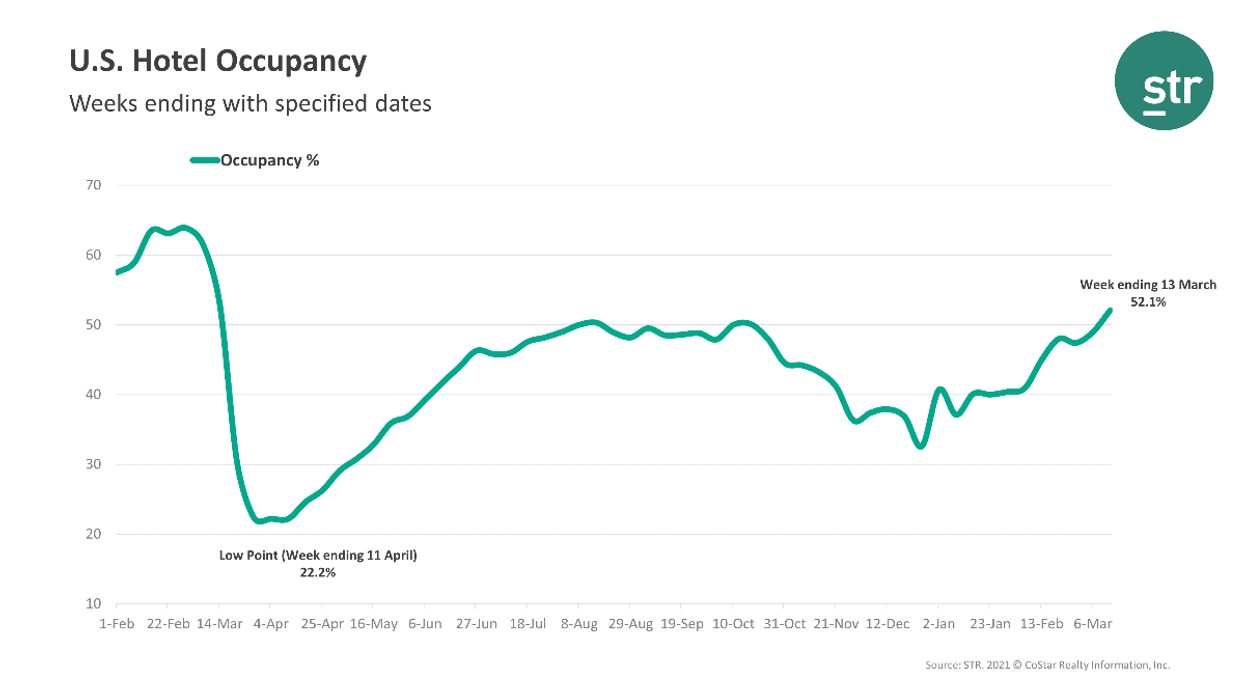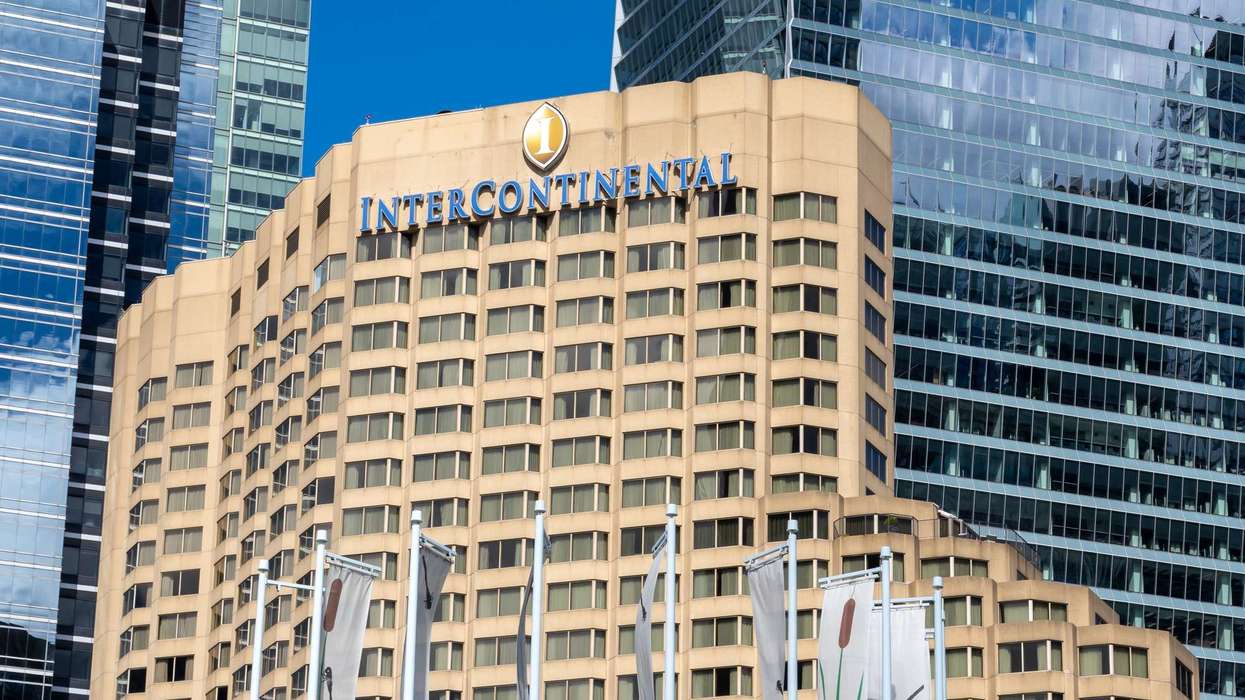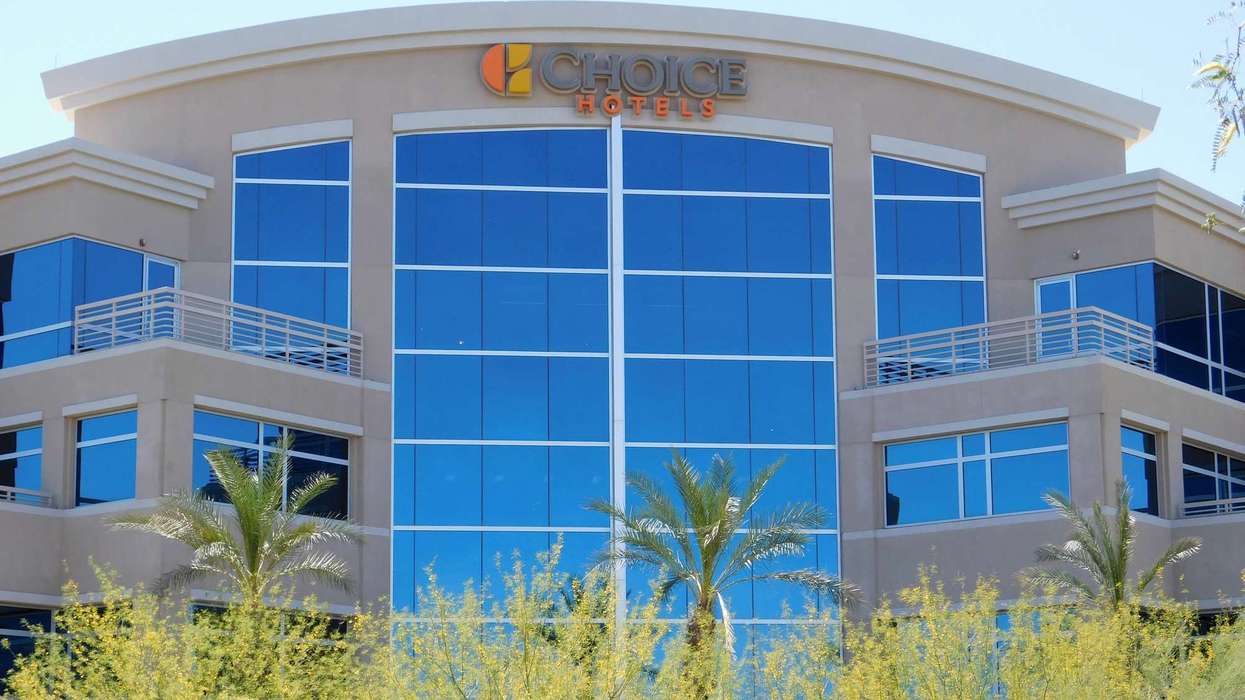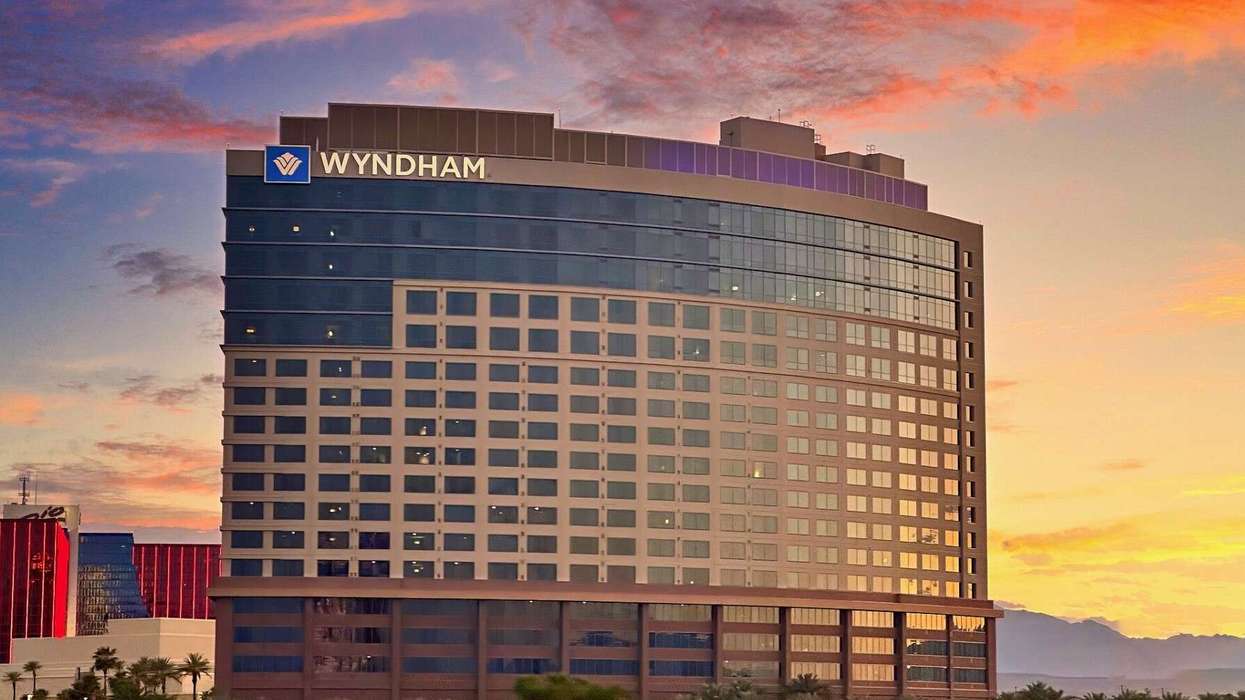AS THE U.S. hotel industry begins to crawl out of the COVID-19 pandemic valley, the view over hotel owners’ shoulders is beginning to highlight recent improvements in performance. The second week of March saw occupancy reach its highest level in a year.
Occupancy for the week of March 13 was 52.1 percent, up from 49 percent the first week of March and down just 1.4 percent from the same time last year, which was the beginning of the pandemic. ADR was $102.62, up from $98.30 on a weekly basis and down 14.5 percent year over year. RevPAR was $53.45 compared to $48.13 the prior week and down 15.8 percent from last year.
“Year-over-year percentage changes are now more favorable as comparisons have shifted to pandemic-affected weeks from 2020. When indexed against 2019 levels, the U.S. has recaptured between 70 to 75 percent of occupancy in recent weeks,” STR said. “Florida, lifted by spring break and Bike Week, was most represented among the leaders in week-to-week occupancy gains. Among all STR-defined markets, Daytona Beach; Gatlinburg, Tennessee; Myrtle Beach, South Carolina; San Antonio, Texas; Greensboro, North Carolina; and the Florida panhandle showed double-digit growth from the previous week, which is reflective of further reopening around the country. All but seven states saw week-over-week gains, and six states saw occupancy increase by more than 5 percentage points.”
STR’s top 25 markets together still saw showed slightly lower occupancy than the national average with 49.8 percent while ADR was higher than average at $109.06. Tampa, Florida, had the highest occupancy among the top markets with 72.7 percent and Boston and Minneapolis were lowest with 33.6 percent and 33.9 percent respectively.






